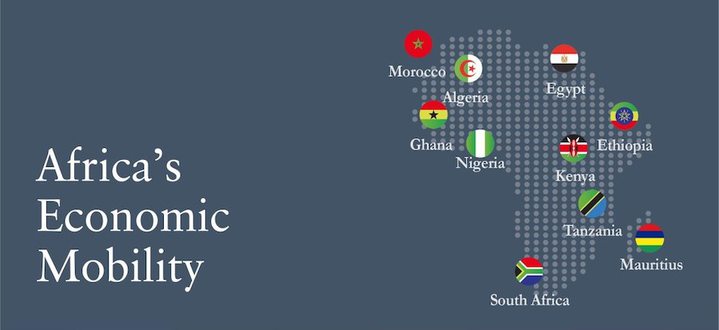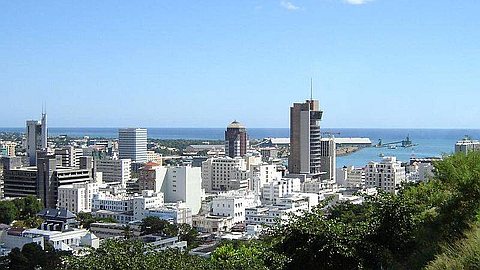Henley Passport Power Score: The Mauritian passport provides access to 146 visa-free destinations

The report, released in March, is a guide to wealth and the luxury sector in Africa. It is usually published annually in partnership with a wealth intelligence company, New World Wealth. Combining data from the Henley Passport Index and the World Bank's gross domestic product (GDP), the report explains that the revealing new study from Henley & Partners ranks the world's 199 passports based on their "Henley Passport Power” score, a newly developed term that indicates the percentage of global GDP each passport provides to its visa-free holders. According to the report, there is an unequivocal link between passport power and economic power.
The 72-page report reveals that passport holders in Africa's wealthiest country, South Africa, which scores 106 on the Henley Passport Index, can gain visa-free access to almost half of 227 worldwide destinations. It adds that a better measure of investor mobility is their access to global economic output.
“That is reflected in the Henley Passport Power score, which is a complete game-changer. The 106 (47%) global destinations that South Africans can access without prior visas represent only about 15% of global GDP,” the report said.
Mauritius, which ranks sixth among the richest countries on the African continent, on the other hand has a score of 146, the highest among the ten countries mentioned, on the Henley Passport Index. The 146 (64.76%) destinations that Mauritians can access without a visa represent 57.30% of global GDP. The report reveals that Seychelles, Mauritius, South Africa, Botswana, Namibia, Lesotho, eSwatini, Malawi, Kenya, Tanzania and Tunisia are the top ten countries in Africa with access to the most large number of visa-free destinations.






